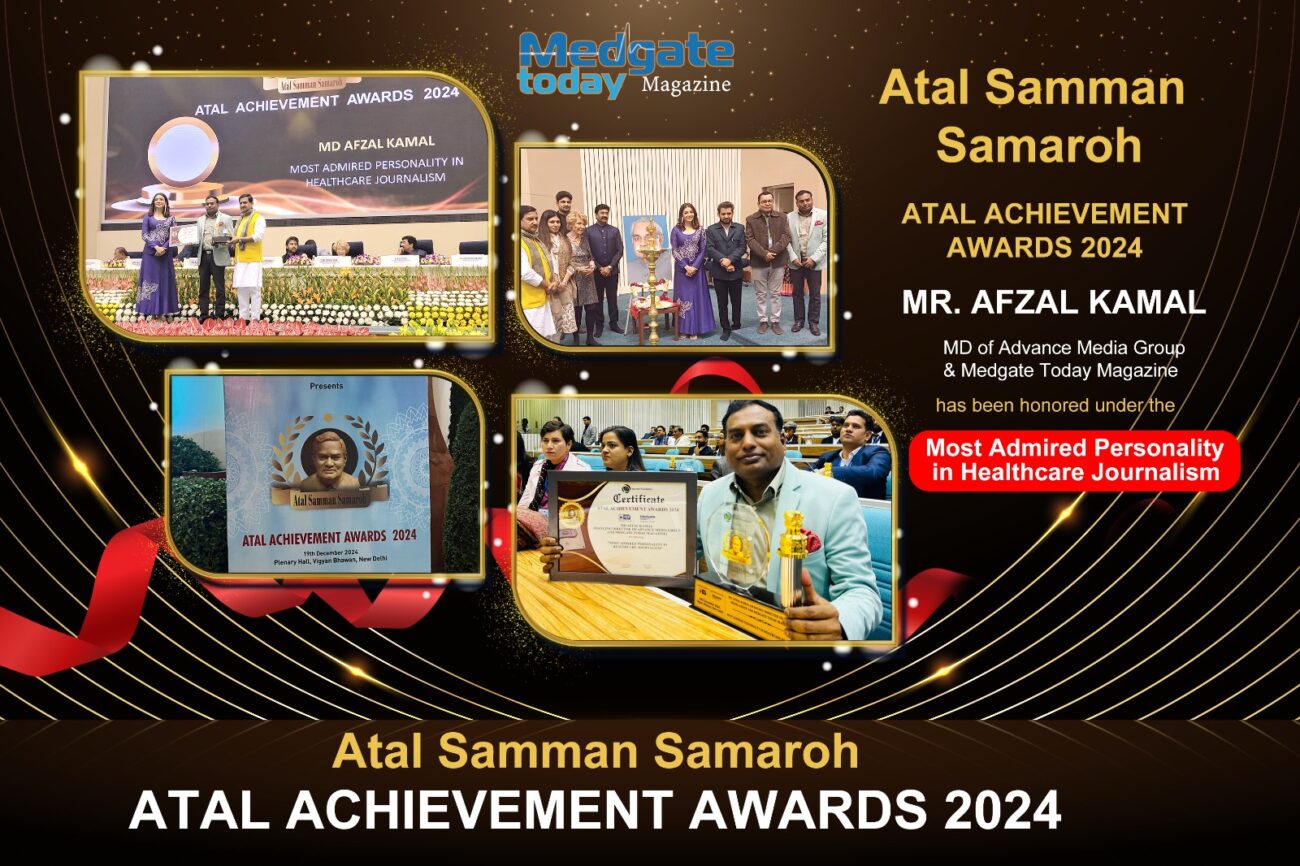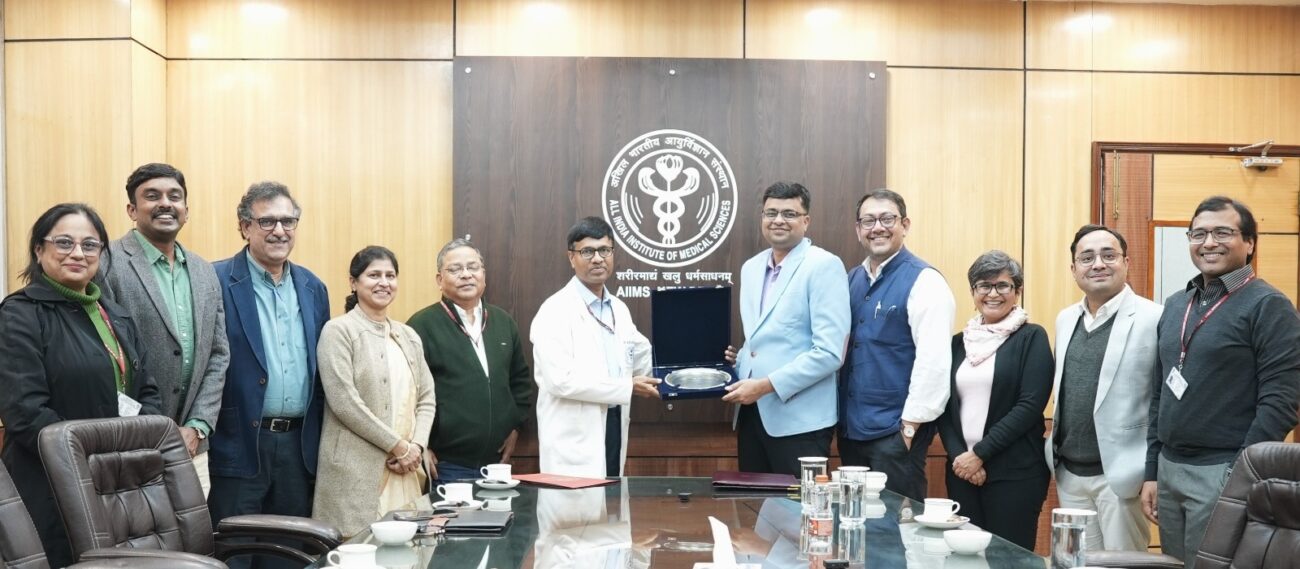The Viability of Longevity: Can We Sustainably Extend Human Lifespans?
By: Parth Amin, Longevity Enthusiast, CEO and Co-Founder of Decode Age Longevity, once seen as a gift of luck or the result of good genes and a favourable environment, typically implies good health. We've battled diseases,

By: Parth Amin, Longevity Enthusiast, CEO and Co-Founder of Decode Age
Longevity, once seen as a gift of luck or the result of good genes and a favourable environment, typically implies good health. We’ve battled diseases, poverty, and other perils with the shared goal of prolonging our time on Earth. This pursuit of extended lifespan has been a persistent theme in our scientific, medical, and societal endeavours. Throughout history, humanity has strived to extend its limits—hence the invention of medicine and technology.
However, the critical questions that have emerged in recent years include: What quality of life are we striving to extend? How can we ensure these advancements benefit all? If we could significantly extend human lifespans, how would this impact our societal structures, economies, and personal relationships? Would the concept of a ‘lifetime’ change fundamentally?
Extending human life sustainably is a complex challenge that intersects with bioethics, environmental sustainability, and healthcare resources. While advances in medicine and technology have made it increasingly possible to prolong life, the broader implications on resources and social systems need careful consideration. Addressing the sustainability of extending human life directly, including the ecological, economic costs, and social.
Longevity brings significant ecological and economic challenges. An ageing population demands more resources—food, energy, housing—intensifying pressures on already strained systems. These challenges are intertwined with economic considerations: longer lives strain pension systems and healthcare infrastructure, particularly if these years are not lived in good health.
Much of contemporary healthcare involves managing chronic diseases, with patients often relying on lifelong medication. Chronic disease management is expensive, and thus, preventive care has become a marker of national and personal wealth. Biotechnological advances, like CRISPR for genetic engineering, promise not only to treat but potentially prevent age-related diseases, adding healthier years to lifespans and redefining ageing. Innovations such as longevity cities like Zuzalu exemplify how technology and environmental sustainability can coexist, demonstrating viable paths forward. Singapore is redefining modern nationhood as the world’s newest “blue zone,” a testament to its innovative approaches that enable and educate residents to live longer, healthier lives.
However, these advancements also prompt a reevaluation of socio-economic frameworks. One of the unintended consequences of increasing human lifespan is the potential shift in population dynamics. In countries where life extension becomes common, we could see an ageing population that far outnumbers the younger generation, leading to significant changes in workforce composition, pension schemes, and even cultural values around ageing and youth. Socially, the goal of longevity also faces the challenge of potential generational gaps. Ageism, a bias based on age, can lead to social exclusion and despair. As older adults potentially remain active longer, societies must adapt—reshaping retirement, work, and intergenerational dynamics.
Despite these challenges, there are compelling reasons to be optimistic about the pursuit of longevity as a sustainable goal. When guided by principles of equity, environmental sustainability, and economic stability, extending human life could lead to a future where more people have the opportunity to lead fulfilling, productive lives well into what we currently consider old age.
Ultimately, the pursuit of longevity should not only focus on adding more years to life but also on adding more life to those years in a way that is sustainable for all. As we explore advancements in longevity, we must ensure these benefits are accessible and sustainable for all. The emergence of initiatives like longevity cities or countries marks a step toward harmonising ecological and health-related goals. However, the broader question remains: How can we make extended life beneficial and fulfilling for society as a whole? Making longevity not just a possibility, but a positive, inclusive, and sustainable reality needs to be pondered upon.






